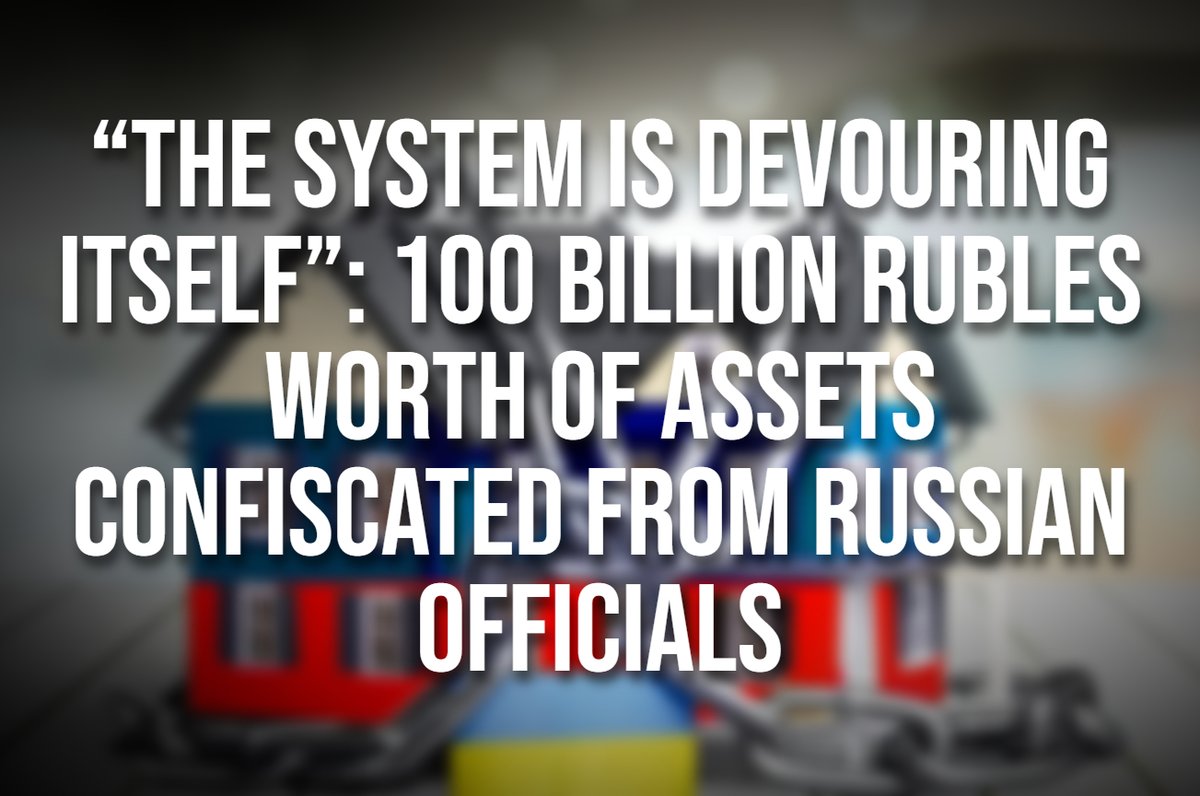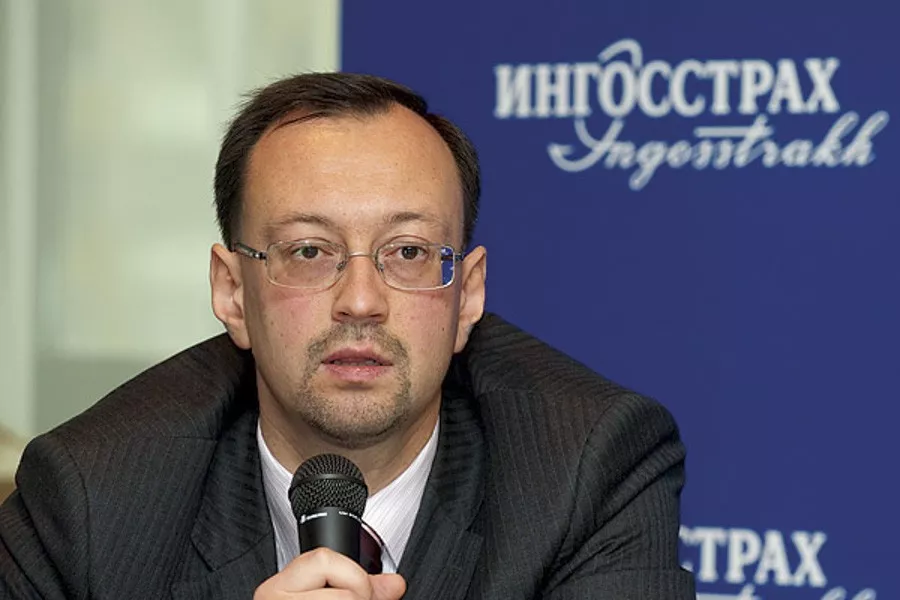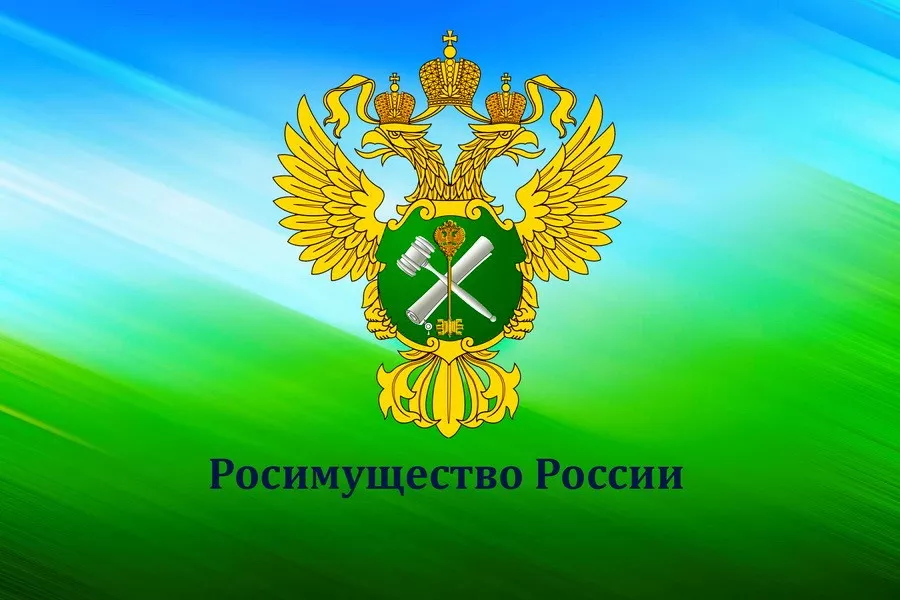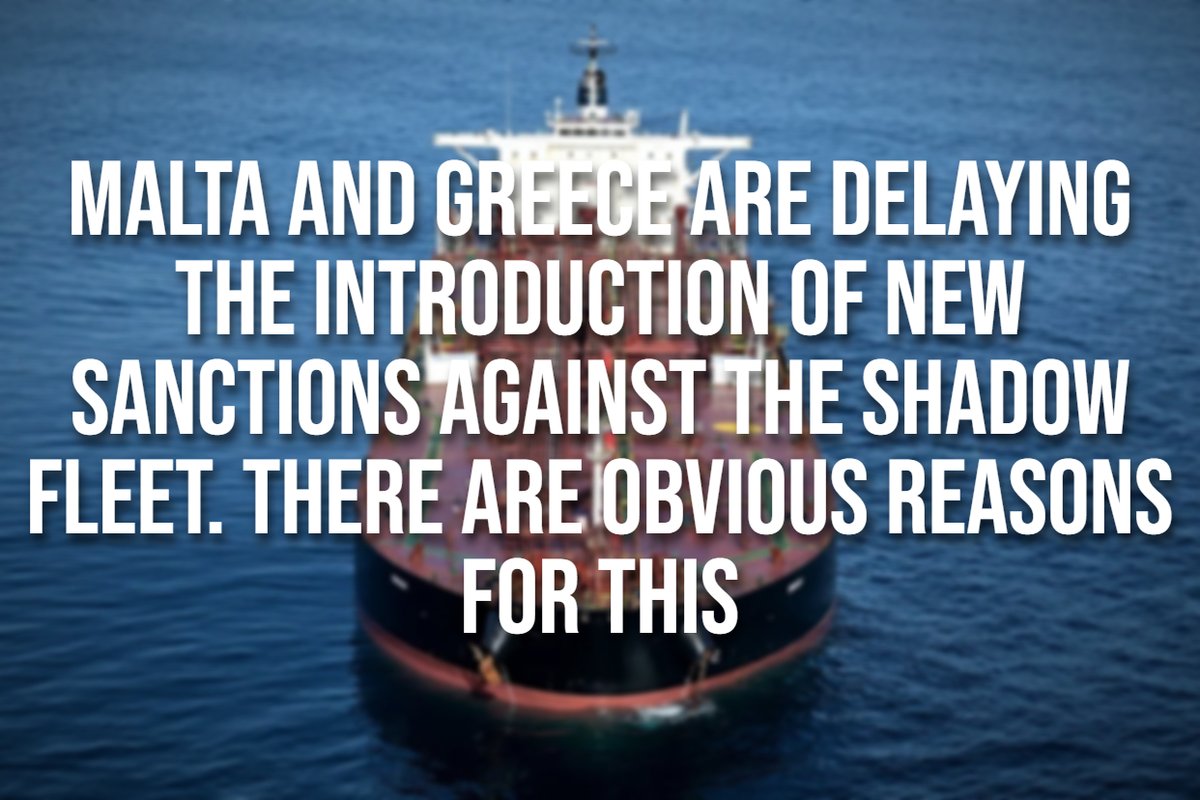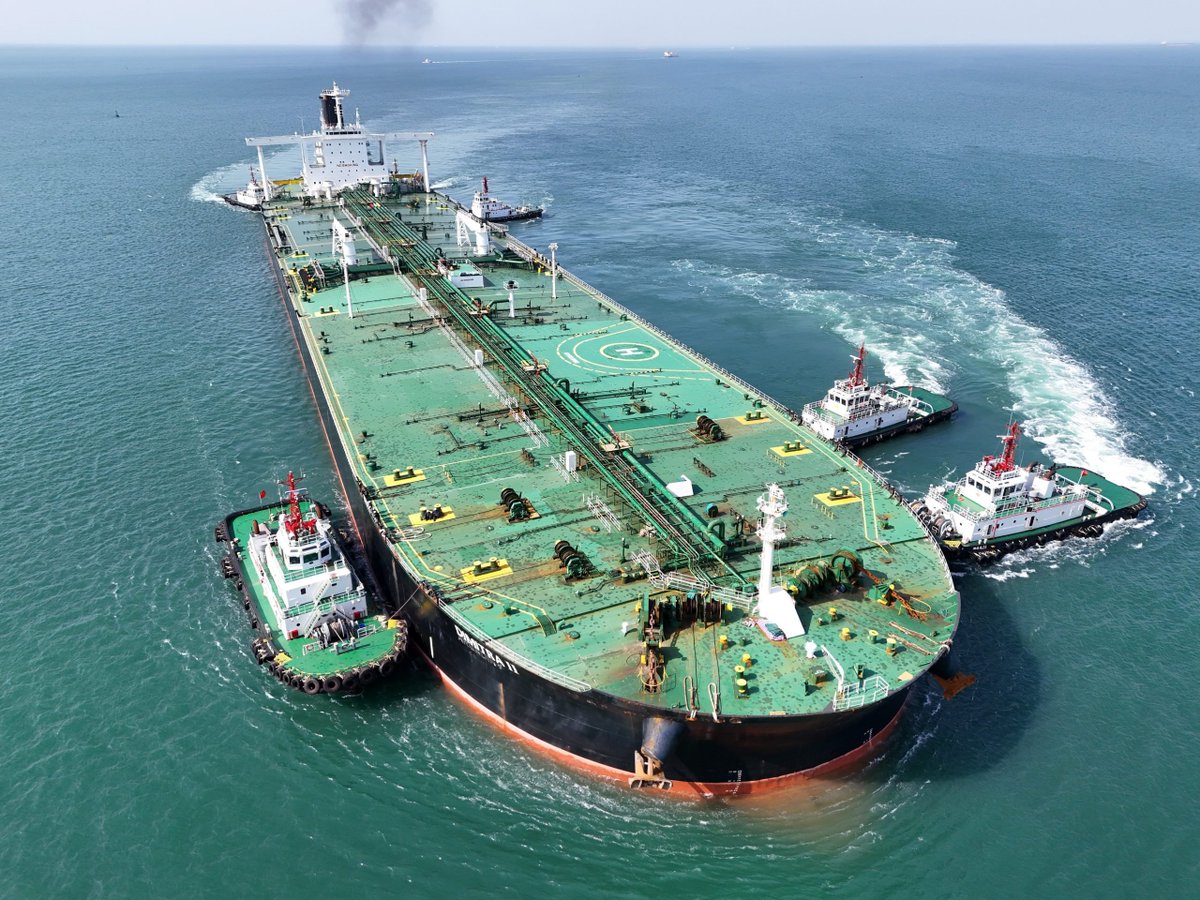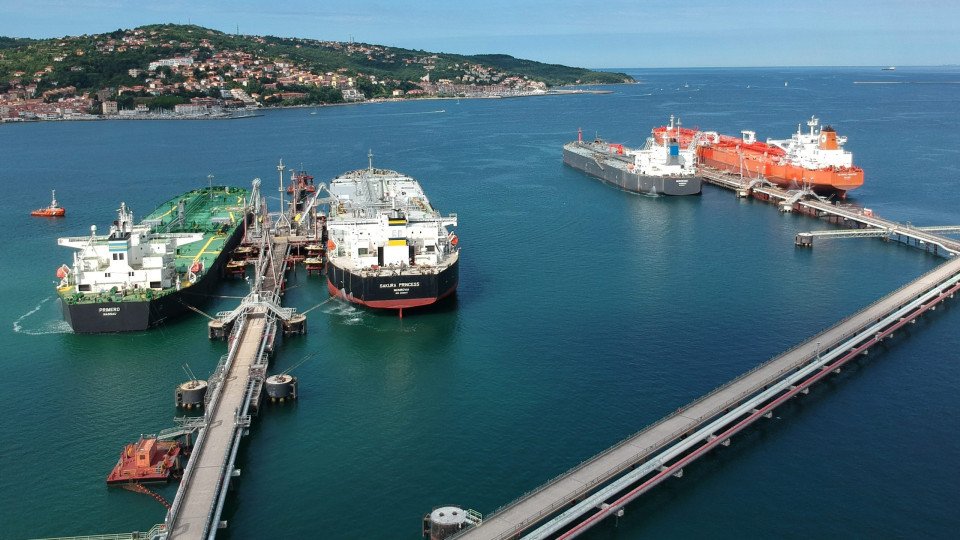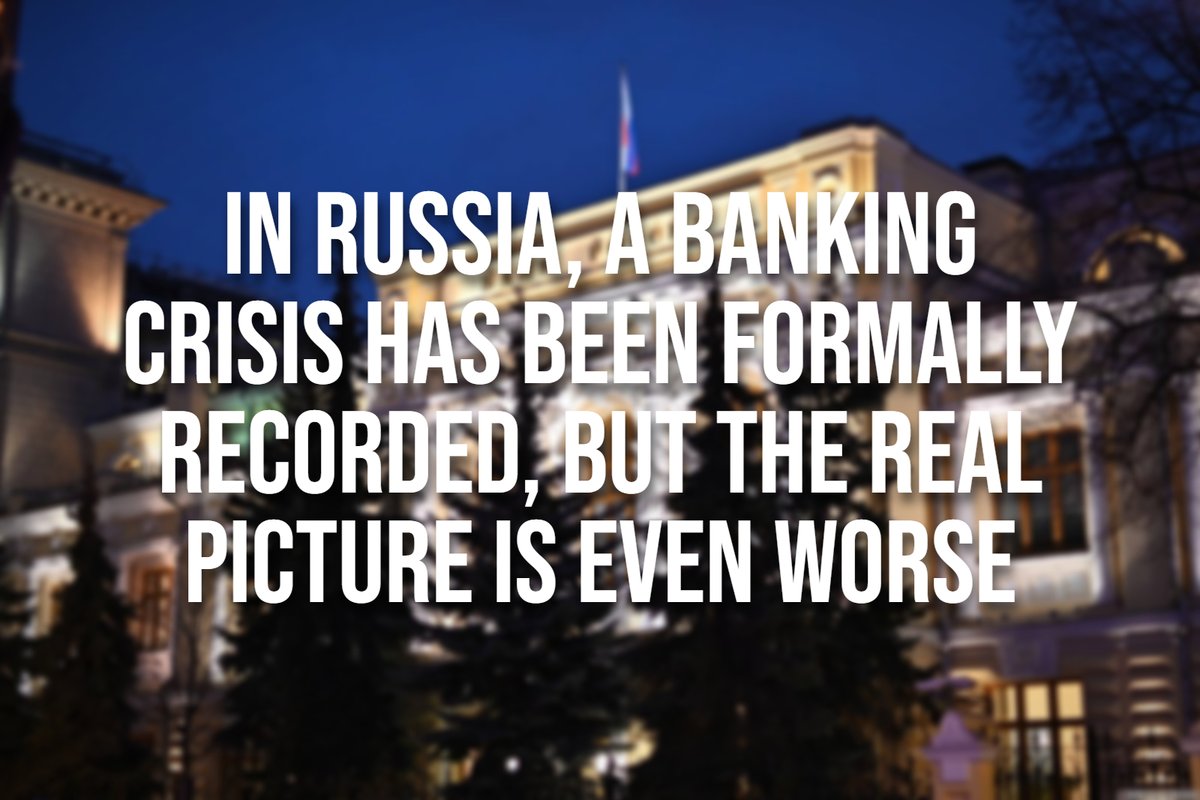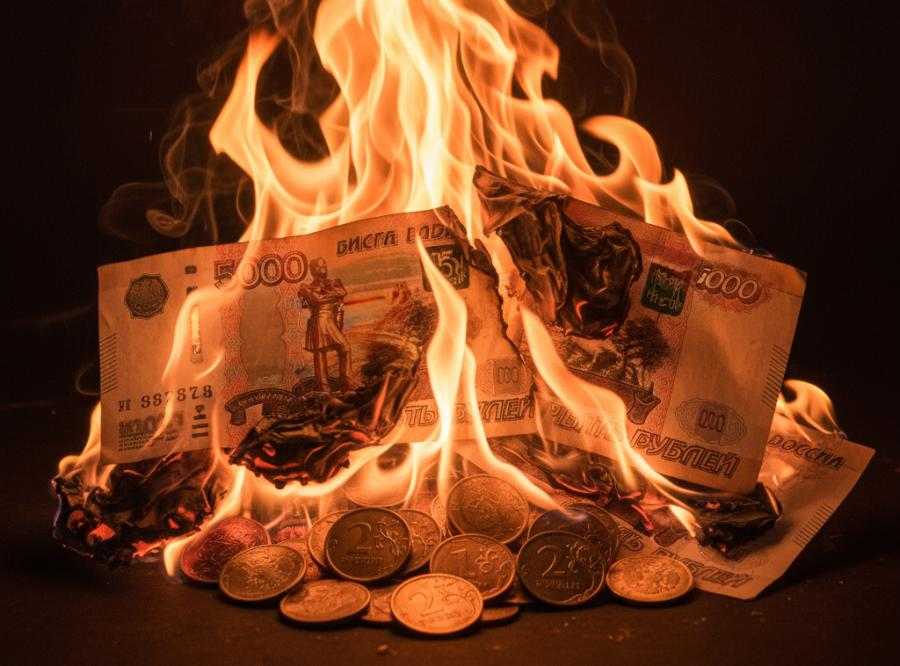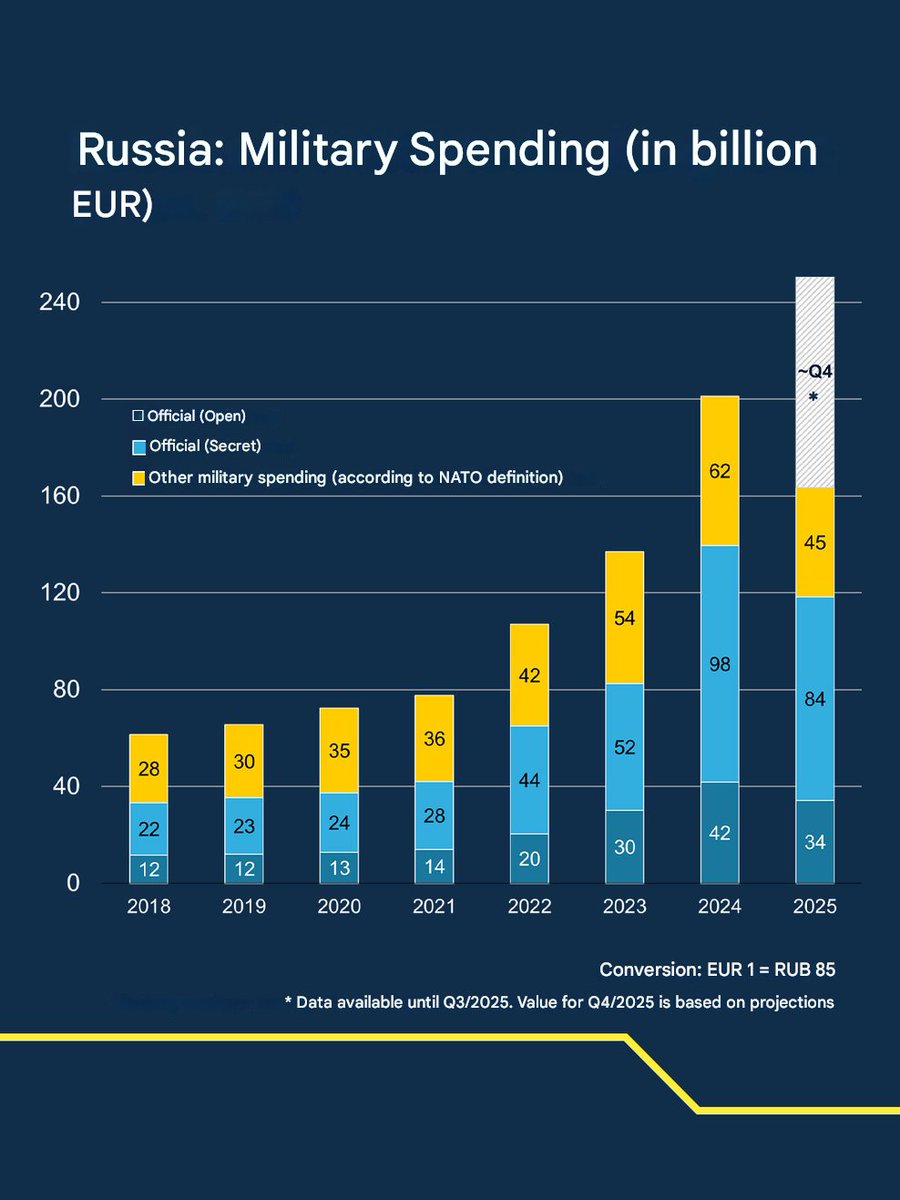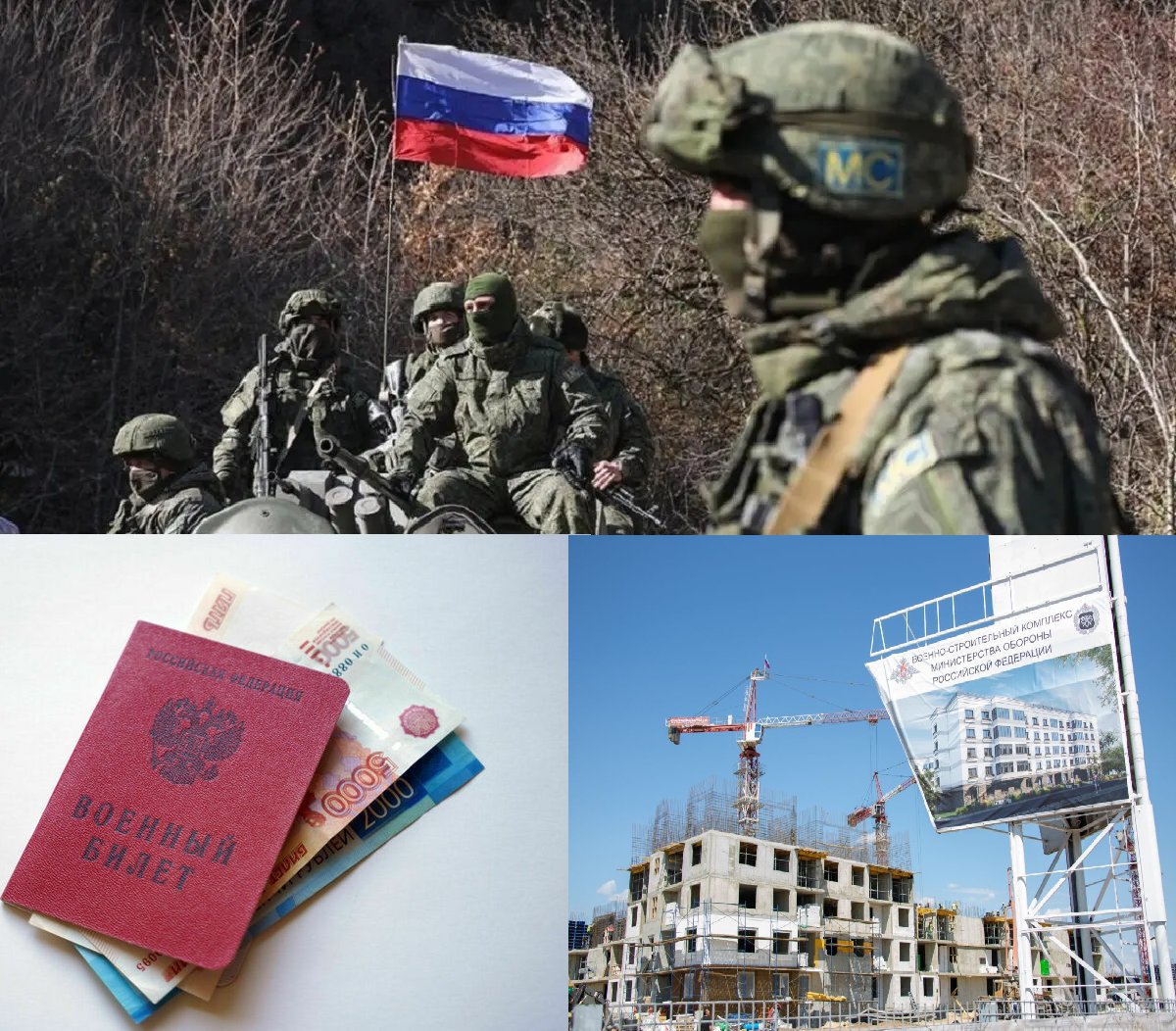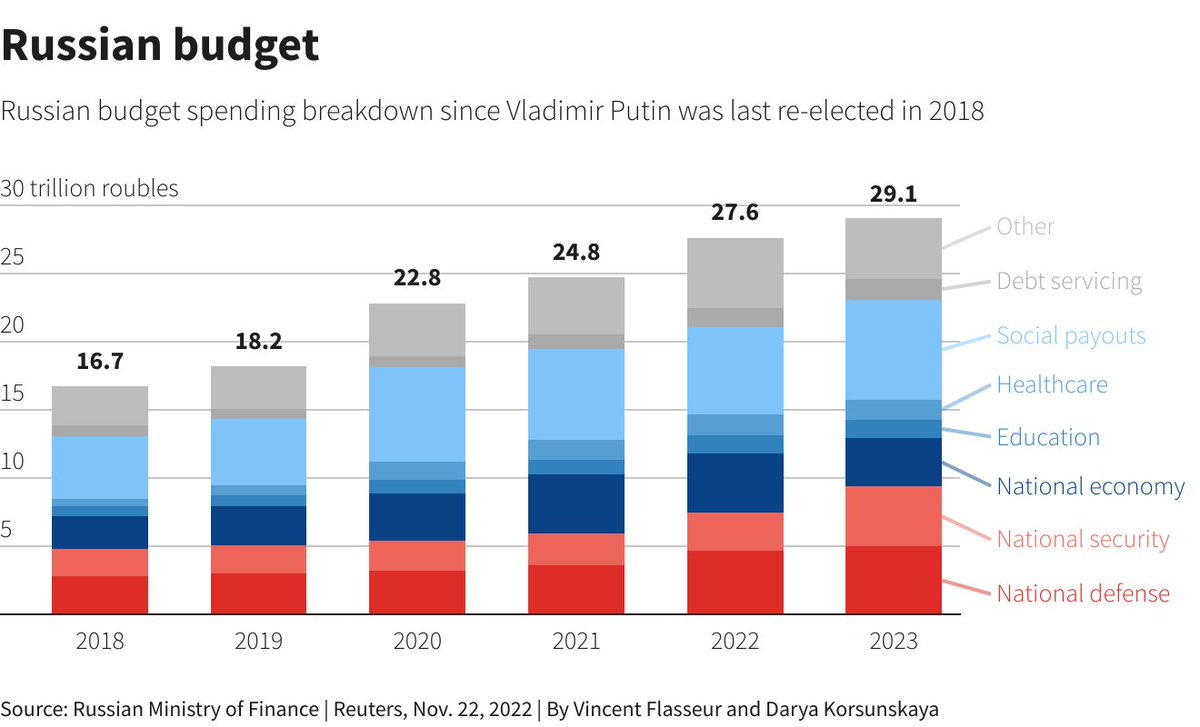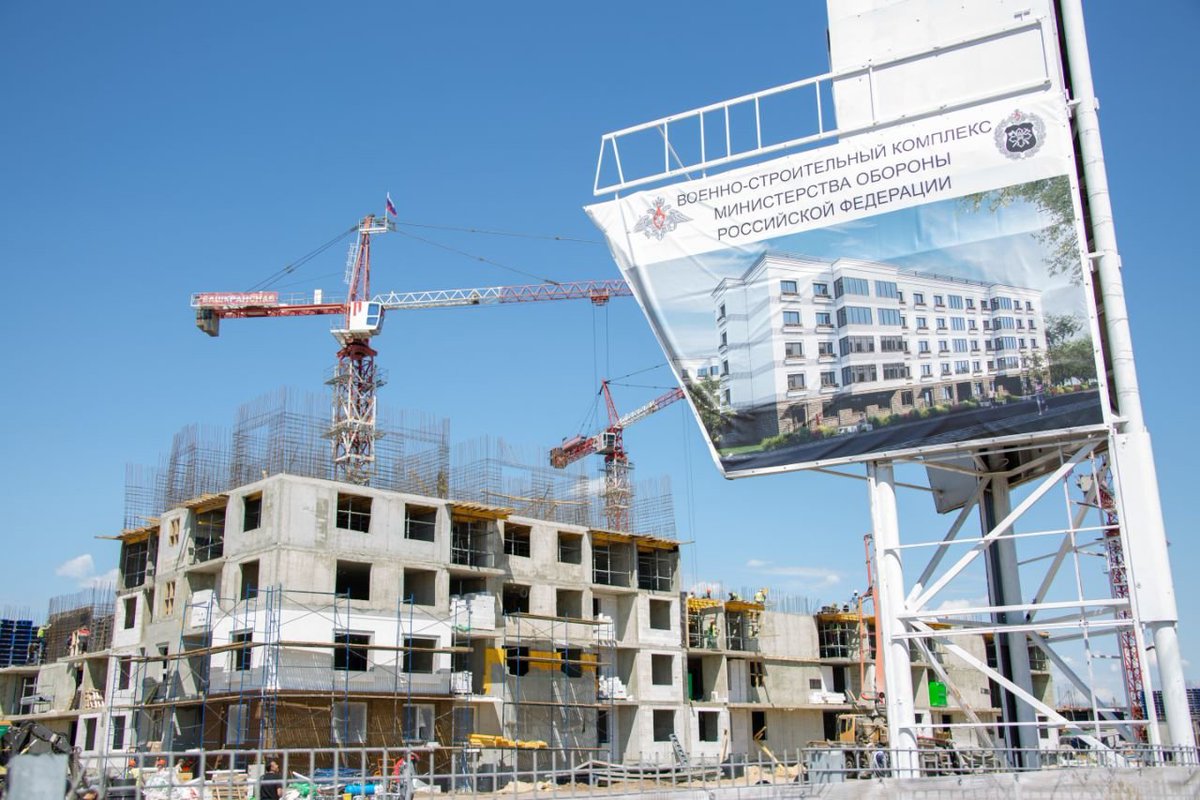The participation of North Korean units on the Ukrainian front will not bring about major changes and they will probably suffer major losses, said Colonel Ants Kiviselg, commander of the Estonian Defense Forces Intelligence Center. However, in the Donetsk region,
1/16
1/16

Russian armed forces still hold the initiative and have forced the Ukrainian armed forces to gradually retreat, he added. "Unfortunately, there is nothing positive from the Ukrainian front line this week. The Russian Armed Forces still hold the initiative along the entire
2/16
2/16

front line, which has forced the Ukrainian armed forces to gradually retreat," Kiviselg said at a Defense Ministry press conference. According to him, the average number of attacks per day remained at the same level as in previous weeks, i.e. about 167 attacks per day.
3/16
3/16

"The Armed Forces of the Russian Federation are capable of capturing most of the territories in the Donetsk region, primarily in the areas of Pokrovsk, Kurakhove, Vuhledar and Velyka Novosilka. Over the past week, the Russian Federation has occupied an additional 150 square
4/16
4/16

kilometers of territory in these regions," Kiviselg said. "In addition, there are signs that the Armed Forces of the Russian Federation are preparing assault strikes in the area of the Zaporizhzhia region. It is likely that the already known to us 76th Airborne Division
5/16
5/16

with a permanent deployment location in Pskov, Then the goal will be to capture new territories, as well as additional involvement of the Ukrainian Armed Forces in this region," Kiviselg said. "To summarize, it can be said that alarming events continue to occur in the
6/16
6/16

Donetsk region and the Donetsk region. It is possible that the Russian Armed Forces will achieve a local breakthrough in the Pokrovsk, Kurakhovo or Vuhledar areas this year," he added. The Russian army has asked to extend the deadline for taking Kursk. Speaking about
7/16
7/16

the arrival of North Korean soldiers at the front, Kiviselg said that according to Ukraine, 3,000 soldiers of the 11th Army Corps of the North Korean Armed Forces, including several hundred servicemen of the North Korean special forces, have arrived in the Kursk region.
8/16
8/16

"These servicemen probably arrived on the territory of the Russian Federation in early October, where they underwent preliminary training in the Eastern Military District, which lasted approximately two to four weeks, after which they were sent to the Ukrainian front,"
9/16
9/16

Kiviselg said. "In total, North Korea had to allow the Russian Federation to send from 10 to 12 thousand soldiers, including 500 officers and three generals. Probably, the arrival of North Korean soldiers to the Ukrainian front will take place in stages. "The arrival of
the
10/16
the
10/16

next North Korean units on the Ukrainian front will take place in the coming weeks," Kiviselg said. Kiviselg said that, as a rule, North Korean soldiers are trained for combat in mountainous terrain, which means that the territory of Ukraine, its climate and geography are
11/16
11/16

unknown to them. "And therefore, their training does not actually require combat in such areas. The training they receive in the Russian Federation is certainly not very good. "Therefore, we can expect that North Korean units will suffer heavy losses in Ukraine, and
12/16
12/16

presumably even heavier losses than the armed forces have suffered in the Russian Federation so far," Kiviselg said. Despite this, Kiviselg believes that it is possible that North Korea will continue to send units to Russia and the Ukrainian front. "Despite this, the
13/16
13/16

intelligence center's assessment is still that this sending of North Korean units to the Ukrainian front will not bring about major changes at the moment. But if this kind of additional sending of units to Russia, their training, and then their arrival at
14/16
14/16

the Ukrainian front continues for a long time, then this could certainly bring about certain changes on the front line," Kiviselg said.
15/16
15/16

• • •
Missing some Tweet in this thread? You can try to
force a refresh




